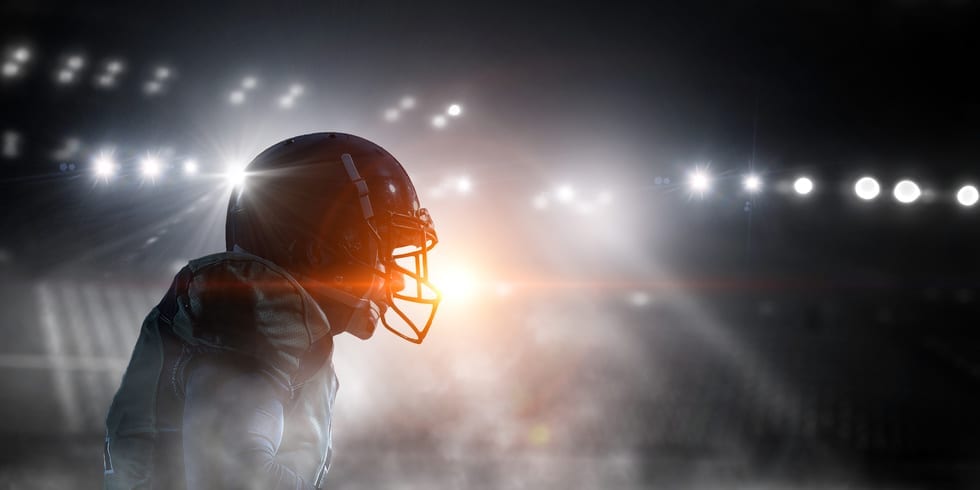
Playing The Game: Human Error In Sports

Human error plays a role in every single industry where, well, humans work. We are exceedingly fallible creatures, and accidents occur with relative frequency, regardless of the job being performed. Though there are many methods and human error prevention tools available to eliminate human error as much as possible, there are some instances where reducing human errors is simply impossible. Sport is one such field.
Human Error In Sports
In most businesses, human error is a costly and wholly negative problem. Attention failures and calculation mistakes can cost a company time, money, and may even result in the injury or — in worst case scenarios — the death of employees. In sports, however, they are neither good nor bad; they simply are.
In the weeks leading up to Super Bowl LIII, many people were discussing the need for high tech equipment to monitor fouls and errors; fans felt that an enhanced instant replay option could make a major difference in the outcome of such a heated competition. However, as Matt Schuckman of the Herald-Whig wrote, “What is overlooked in such a conversation is that human error is part of sports. Always has been, always will be. More technology doesn’t fix that, nor does it need to.”
Sports, from football games to tennis matches, rely entirely on skill — and mistakes — to entertain. If human beings were perfect, not only would nobody ever win, but games would be downright boring to watch. Human error exists on all levels of sport: officiators, referees, players, and even bystanders experience their own interpretation of what is happening. Adding a high-speed, enhanced instant replay option would simply frustrate everyone watching, potentially causing already tense situations to escalate.
Reducing human error in sport is a futile effort. Though lack of judgment can completely disrupt businesses in the real world (especially because 90% of workplace accidents are caused by human error), they are commonplace and should be expected in sports environments of all kinds. As Schuckman stated in his final words, “In games played by humans, officiated by humans and coached by humans, errors are expected. Without them, what would fans complain about?”



